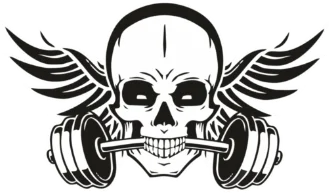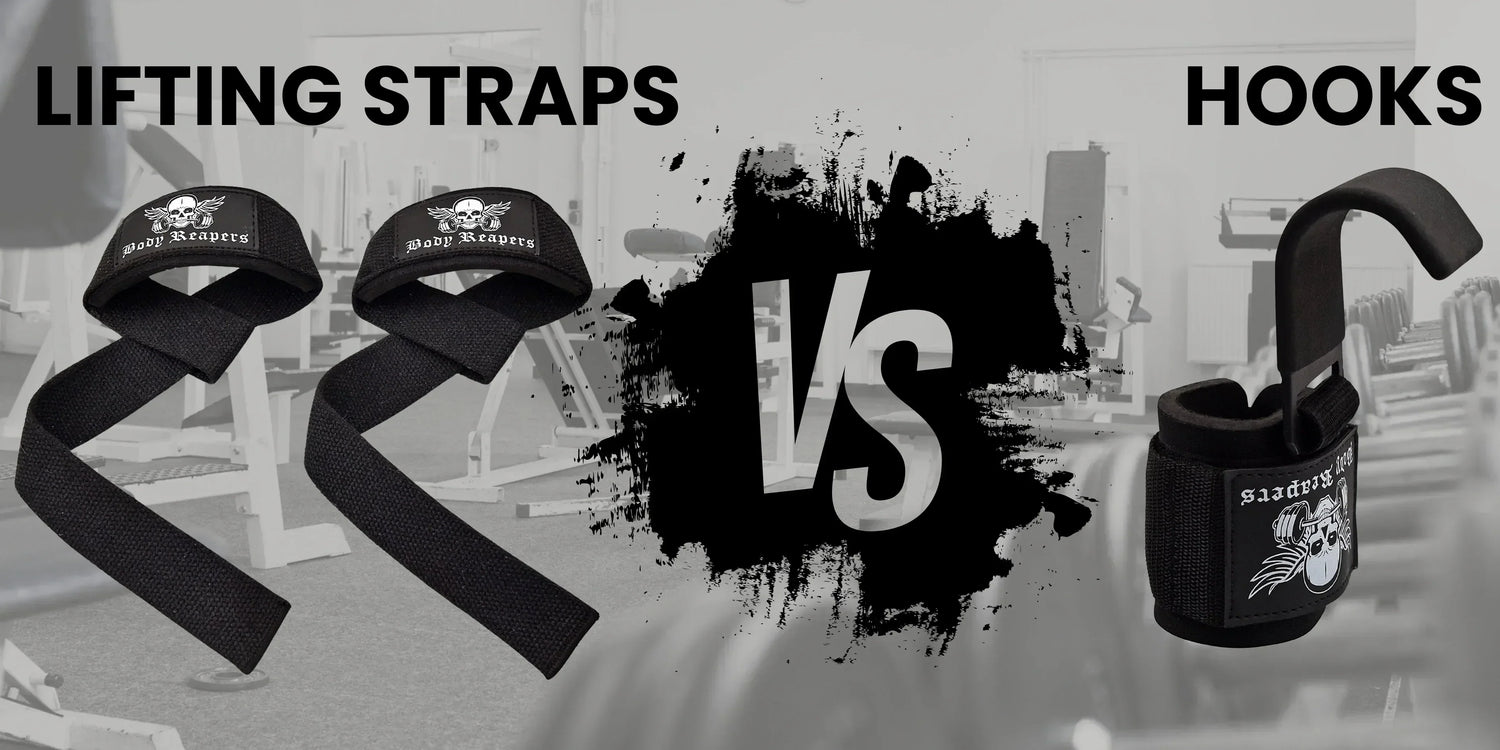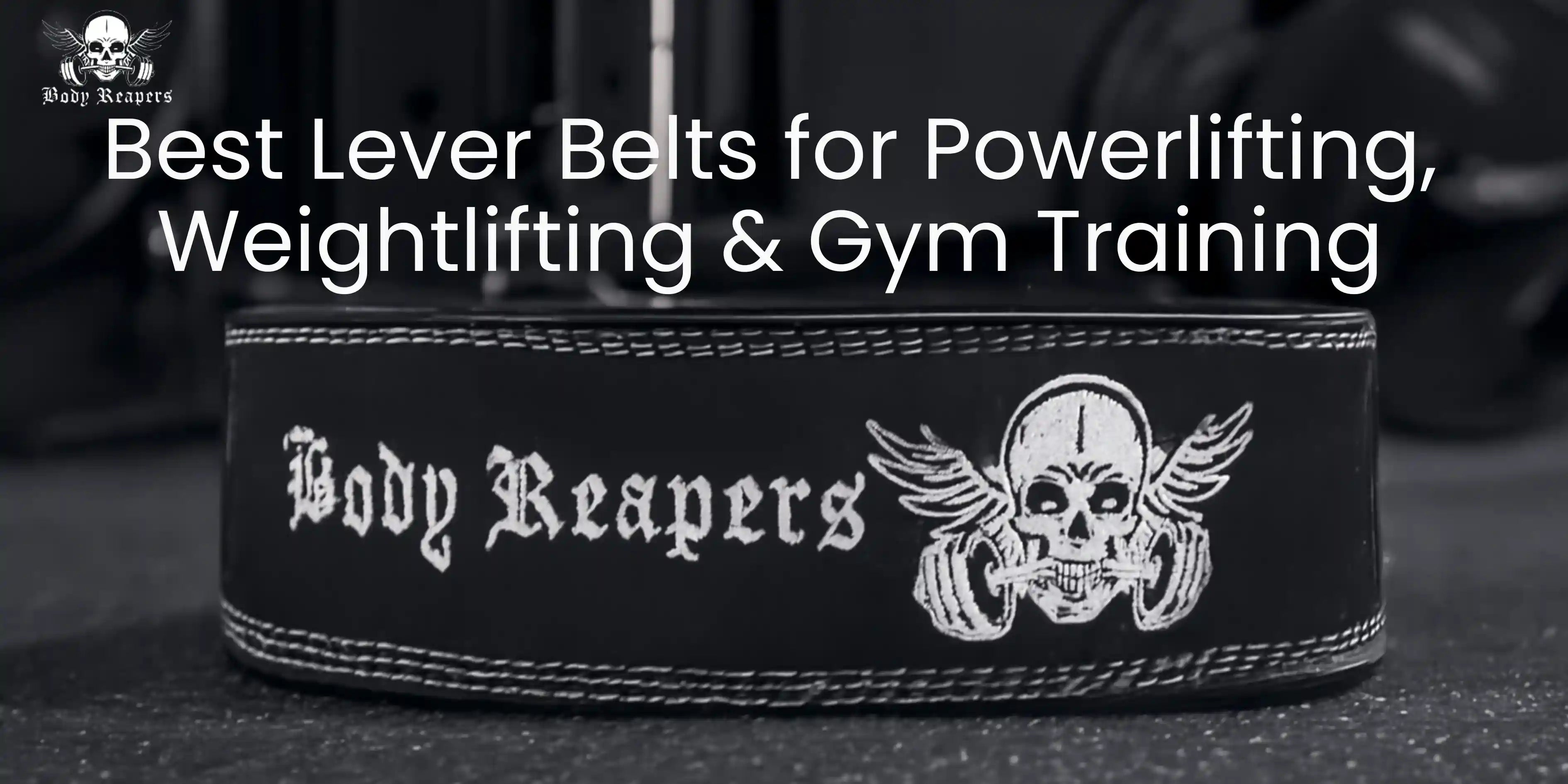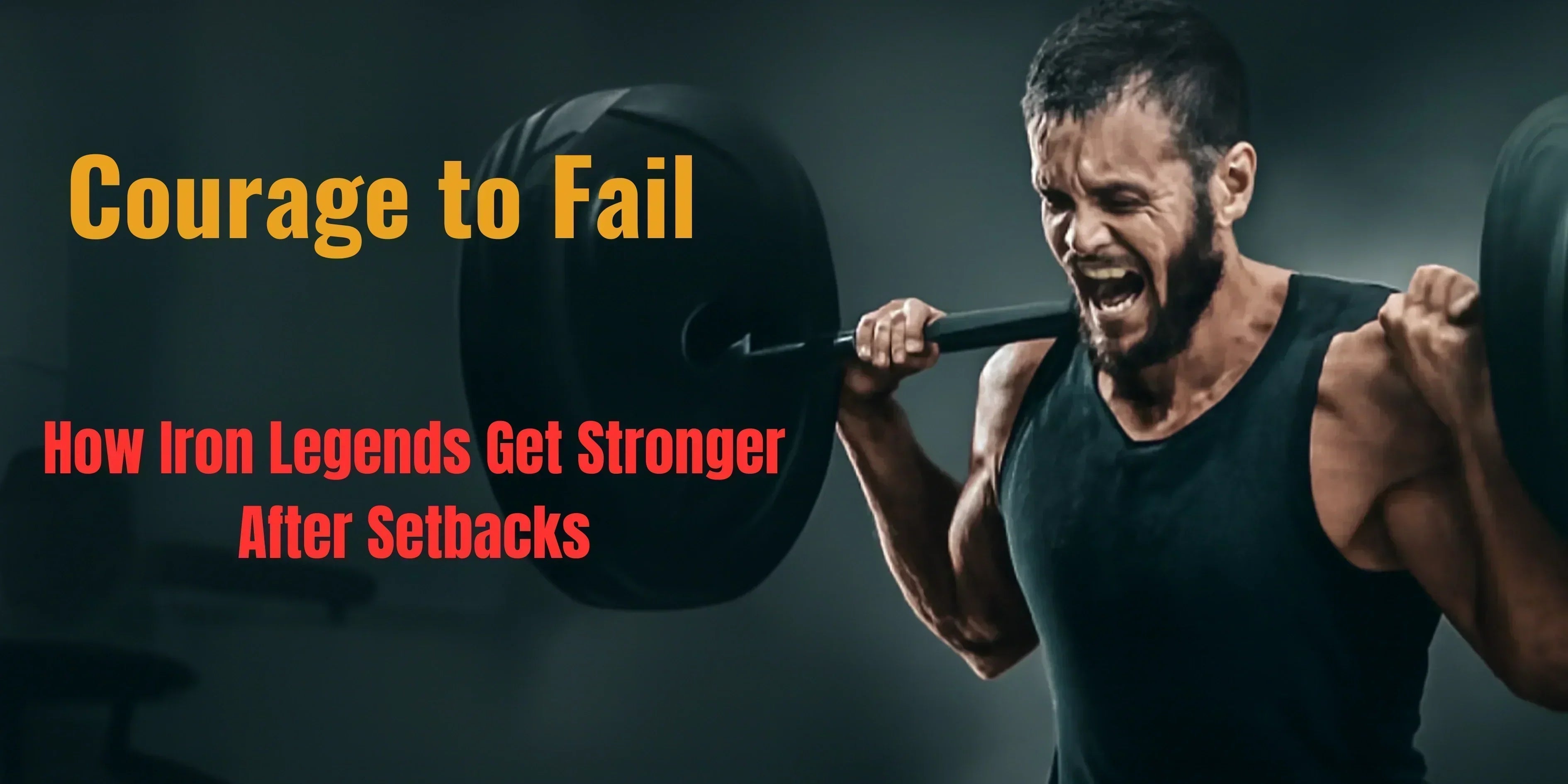If your grip is the weak link that prevents you from lifting heavier or reaching your muscle-building goals, you're not alone. Grip fatigue can significantly limit your performance, preventing you from fully targeting the muscles you're aiming to develop. That's where lifting straps and lifting hooks come in.
These accessories are specifically designed to enhance your grip strength, allowing you to lift more and target the muscles you want to build. But with different features and benefits, which one is the better choice for your lifting routine?
For most lifters, lifting straps are the better option. They are more versatile, cheaper, safer, and more comfortable than lifting hooks, although they require some practice to master their use. However, lifting hooks are quicker to set up and easier to use, but they come with some limitations, including a weight capacity ceiling.
Key Takeaways: Straps vs. Hooks at a Glance
Factor Lifting Straps Lifting Hooks
Best For All lifters (beginners to pros) Beginners only
Weight Capacity Unlimited (proven at 1,100+ lbs) Max 300-400 lbs
Safety Extremely secure Risk of bar slipping
Comfort Padded, ergonomic Metal digs into wrists
Learning Curve Moderate (5-10 mins practice) Instant setup
Price $20-$30 $25-$35
Critical Differences That Matter
1. Versatility
Lifting Straps: These provide unparalleled versatility. They wrap tightly around the wrist and bar, ensuring a secure grip even during dynamic, multi-directional movements like cleans, snatches, and muscle-ups. Straps can be used for nearly any movement where grip strength is a limiting factor, from deadlifts and rows to Olympic lifts, such as power cleans.
Lifting Hooks: Hooks, however, are primarily designed for static pulls, such as deadlifts, barbell rows, and shrugs. They are not intended for dynamic movements, as the metal hook doesn't provide the same stability or grip strength as straps.
With hooks, you cannot grip the bar the same way you can with straps, which makes them unsuitable for Olympic lifts or exercises where the bar is moved in multiple directions.
2. Weight Capacity: No Contest
Straps: There are no weight limits with lifting straps. Professional powerlifter Jamal Browner has deadlifted over 1,102 lbs using straps, proving their unmatched weight capacity.
Lifting Hooks: On the other hand, lifting hooks typically have a maximum capacity of around 300-400 lbs. Hooks often fail above this weight due to the following:
- Metal hooks bending/deforming
- Velcro straps weakening or losing grip strength.
- Bar rotation, which causes the weight to slip out of the hook and potentially result in catastrophic failure.
3. Setup & Ease of Use
Straps:
5-10 second setup per hand
Pro Tip: Use the "under-over" wrapping method for better grip and Security:
- Loop the strap under the bar first
- Wrap it back over the bar
- Tighten securely for a firm grip
Hooks:
- 2-second clip-on setup
- Sacrifice security for speed
Lifting Straps: Pros & Cons

Pros
Unlimited weight capacity: Perfect for maximal effort lifts, including heavy deadlifts.
Versatile: Ideal for both static and dynamic movements, such as snatches, cleans, deadlifts, and more.
Comfort: Most straps come with padded wrist loops, which prevent discomfort and help avoid skin damage.
Hand Protection: Reduces the chance of calluses by shielding your hands from direct contact with knurling on the bar.
Affordable and Lightweight: Straps are typically cheaper than hooks, and their compact size makes them easy to carry.
Cons
- Steeper learning curve: Mastering the wrapping technique may take time and practice.
- Slower setup: Setting up straps takes longer than hooks, which could disrupt your workout flow.
-
Potential for Over-Reliance: Using straps too often can weaken grip strength over time.
Pro tip: Use straps sparingly to avoid over-reliance, and incorporate raw grip strength training into your routine.
Who Should Use Lifting Straps?
Lifting straps are ideal for all lifters, from beginners to experienced professionals. Whether you lift heavy or perform high-volume workouts, straps will provide the necessary grip support to safely push your limits without worrying about your grip giving out.
Straps are great for anyone looking to maximise their performance while maintaining focus on the specific muscles they want to target.
Explore More: Leather vs Cotton vs Nylon Lifting Straps: The Ultimate Material Guide
Are Straps Allowed in Powerlifting? Rules, Exceptions & Smart Training Advice
Lifting Hooks: Pros & Cons

Pros
- Easy to use: Hooks are very intuitive—strap them around your wrists and hook them onto the bar.
- Quick setup: No wrapping is necessary, allowing for faster setup compared to lifting straps.
- Beginner-friendly: Hooks are ideal for new lifters who haven't mastered the technique of using straps.
Cons
Weight limits: Most lifting hooks are limited to 300–400 lbs, making them unsuitable for advanced lifters or maximal effort lifts.
Less secure: The bar can easily slip out of the hook, especially with heavy loads or dynamic movements.
Uncomfortable: Metal hooks can dig into your wrist during long or intense lifts, causing discomfort over time.
Also Read: Best Adjustable Hooks Straps for Weightlifting
Serious Limitations
- Dangerous at Heavy Weights (400+ lbs)
- Uncomfortable (metal digs into wrists)
- Exercise Restrictions (no cleans, pull-ups)
- Durability Issues (hooks bend over time)
- False Security (feels stable until it fails)
Who Should Use Lifting Hooks?
Lifting hooks are best suited for beginners or lifters using moderate weights (under 300 lbs). They provide an easy, quick solution for static lifts, but they should not be relied upon for dynamic Olympic movements or heavy lifting sessions. If you need a fast, intuitive tool to enhance grip for lighter lifts, hooks are a solid choice.
Which Should You Buy?
Choose Straps if you regularly lift heavy weights, perform varied movements, or prioritise safety. Straps offer unmatched Security and versatility, making them perfect for lifters focused on maximising their strength.
Choose Hooks if You are a beginner or prefer a quick setup for lighter lifts. Hooks work well for static lifts but have limitations for advanced lifters and dynamic movements.
Pro Tip: To avoid over-reliance, train your raw grip strength about 30% of the time to keep your hands strong for performance in competitions.
Top Product Recommendations
Best Lifting Straps: Body Reapers Pro Straps
- Material: Reinforced nylon for strength and durability
- Features: Sweat-resistant, no-slip grip, padded wrist loops for comfort
- Price: $18 | Lifetime Warranty
Best Lifting Hooks: Body Reapers Power Hooks
- Capacity: Supports up to 400 lbs
- Features: Padded wrist straps for comfort, reinforced metal hooks for secure grip
- Price: $24 | Lifetime Warranty
Ready to Upgrade Your Grip?
Body Reapers lifting straps and hooks are engineered for lifters who refuse to let grip limitations hold them back.
Whether you're looking for durable lifting straps to handle heavy loads or easy-to-use hooks for quick setups, Body Reapers has the perfect tools for your training needs. Shop now and elevate your lifting experience.





Leave a comment
This site is protected by hCaptcha and the hCaptcha Privacy Policy and Terms of Service apply.